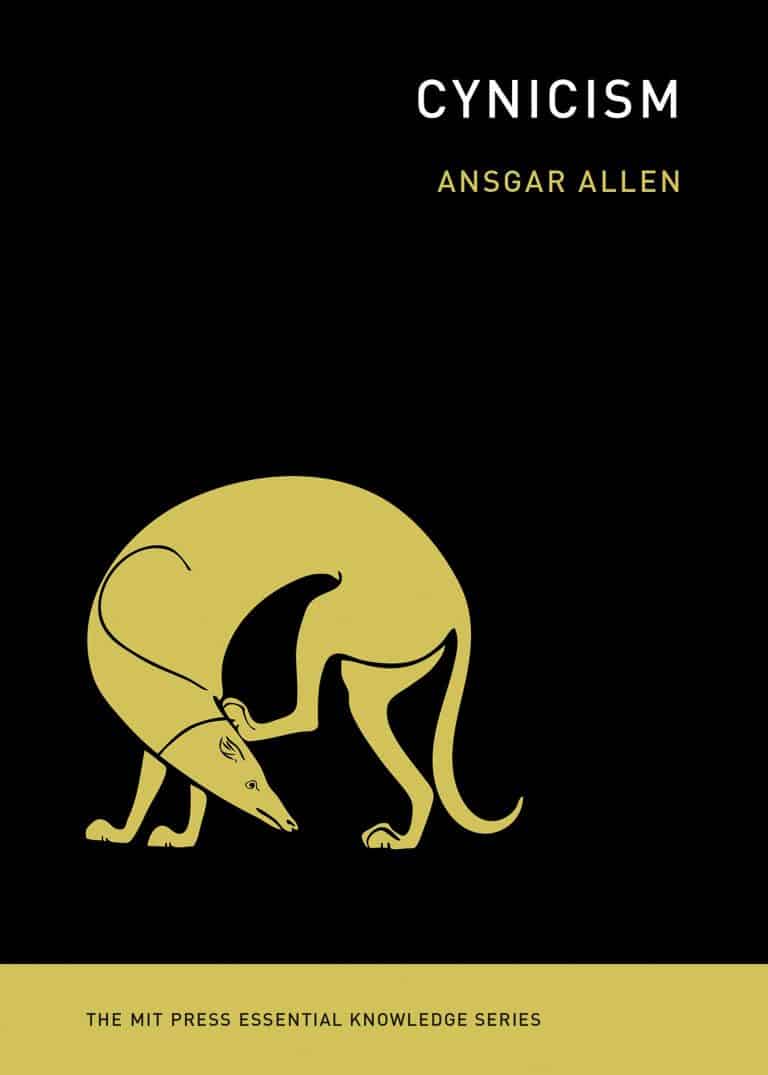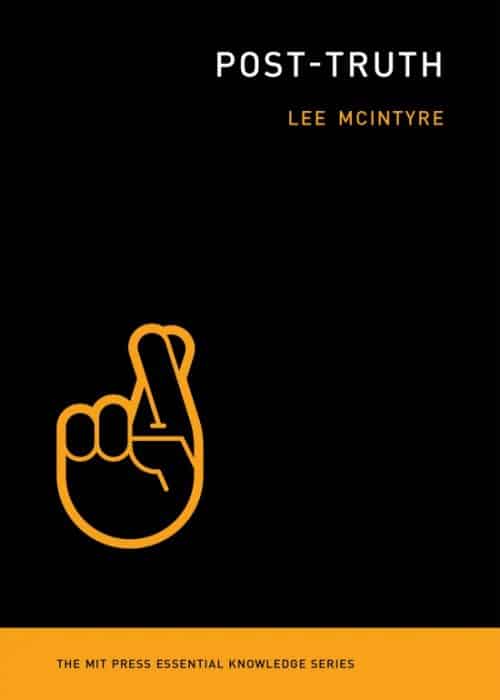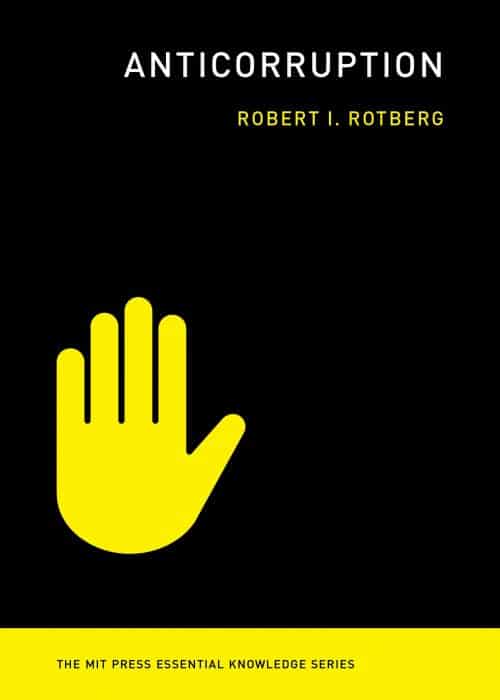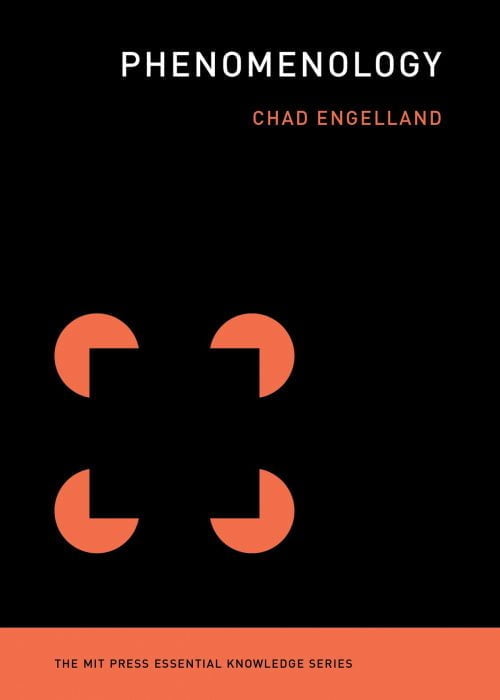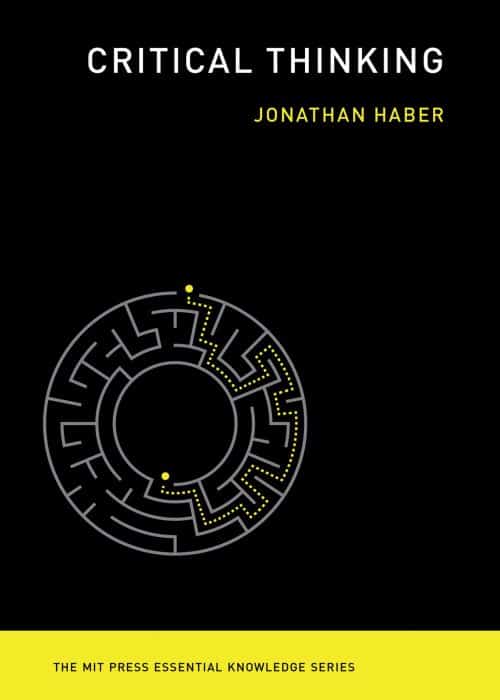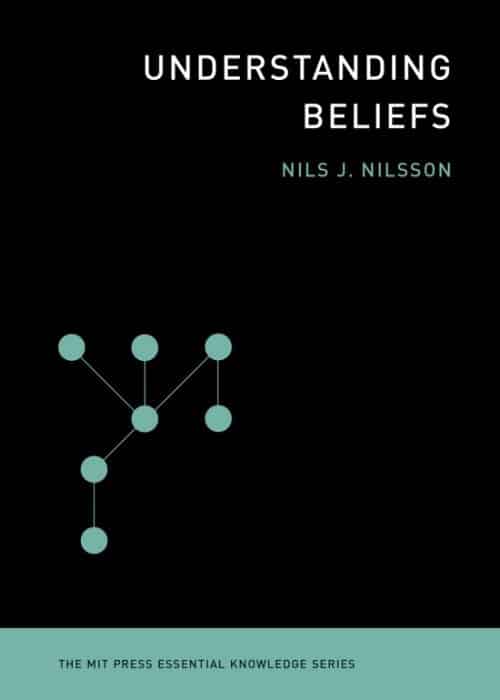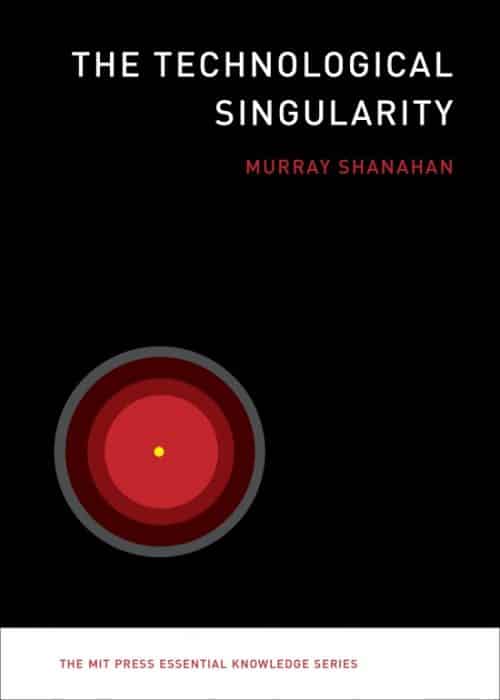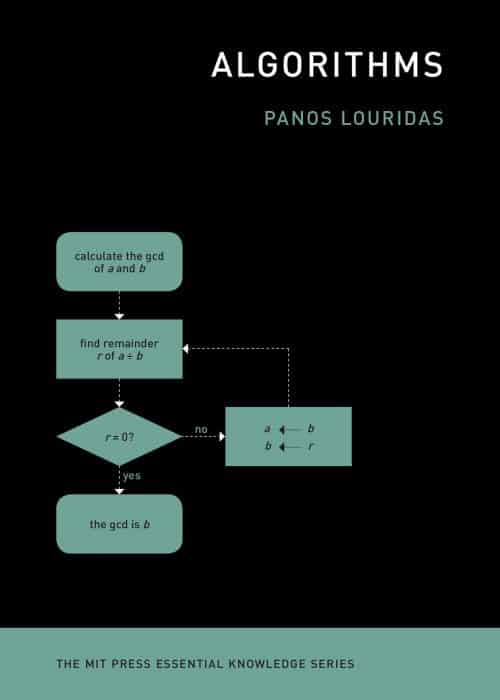Most people won’t acknowledge it, but everyone is a cynic. I hate to be a cynic, but… is how today’s cynics begin their statements before stating their observations. Modern Cynicism is narrowly opportunistic and always looking out for number one; it offers nothing constructive. However, the Cynicism of the ancient Greeks was rather different. Cynicism was a fringe philosophy that a tiny group of outcasts adhered to. It was dedicated to changing the ideals that support civilization in a bold and blatant manner. Ansgar Allen traces the long history of Cynicism in this volume of the MIT Press Essential Knowledge series, from the “fearless discourse” of Greek Cynics in the fourth century BCE to the modern cynic’s lack of social and political convictions.
According to Allen, Ancient Cynicism was an improvised philosophy and manner of life meant to scandalize its contemporaries and jeopardize their cultural commitments. He traces the evolution from Cynicism (the philosophy) to Cynicism (the modern attitude), exploring modern Cynicism from the perspectives of its leftist, liberal, and conservative critics. He also discusses the subsequent “purification” of Cynicism by the Stoics, Renaissance, and Enlightenment appropriations of Cynicism, drawing on the writings of Shakespeare, Rabelais, Rousseau, de Sade, and others. He then speculates on the idea of a radical cynicism that acknowledges and affirms the threat it represents to modern civilization.

